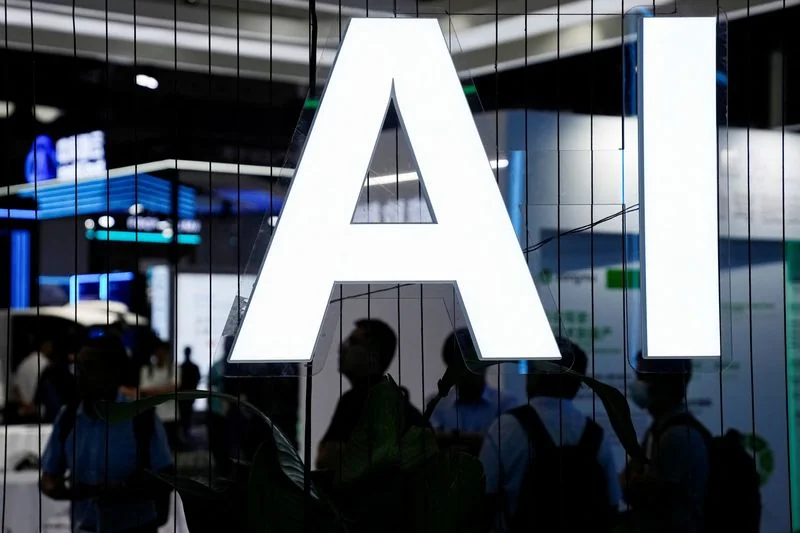Tech investors are confronting a new reality. The rise of artificial intelligence (AI) is forcing the historically macro-agnostic tech investment world to focus on broader economic factors. Unlike previous tech booms driven by nimble, low-cost software innovation, AI’s reliance on hardware and capital-intensive infrastructure is shifting the investment landscape.
- Skyrocketing Capital Expenditures:
- Big tech firms, including Amazon, Microsoft, Alphabet, Meta, and Apple, are expected to spend over $200 billion on AI infrastructure in 2025, nearly double their 2021 investments.
- This surge is driven by the need for hardware rather than software, making investments significantly more capital-intensive.
- Economic Sensitivity:
- AI infrastructure investments are discretionary and long-term, making them vulnerable to economic downturns, cost inflation, and regulatory hurdles.
- Examples include TSMC’s $40 billion Arizona semiconductor plant, which will take four years to become operational.
- Challenges for AI Startups:
- Unlike software startups, AI startups are capital-heavy, relying on substantial venture capital funding.
- In the first half of 2024, nearly 50% of U.S. venture capital funding went to AI and machine learning.
- Major funding rounds include OpenAI raising $6.6 billion in equity and $4 billion in debt financing, with average check sizes exceeding $500 million.
- Economic and Market Risks:
- High funding levels depend on favorable economic conditions, like robust stock market performance and low inflation.
- An economic downturn or elevated cost of capital could hinder startups’ ability to innovate, impacting the broader AI ecosystem.
- Hardware’s Cyclical Nature:
- Hardware businesses are subject to inventory cycles, making them less adaptable to sudden demand shifts compared to software.
- For example, Nvidia has moved to a “one-year rhythm” for product launches, intensifying its reliance on demand cycles.
- Semiconductor sales, traditionally linked to manufacturing activity, may face a correction as AI-driven demand plateaus.
The AI-driven tech boom has ushered in a new era for investors. With its immense capital demands, long payback periods, and hardware dependency, AI forces tech investors to consider macroeconomic conditions like never before. As the sector matures, balancing innovation with economic realities will be crucial for sustained growth.
This story was originally featured on Reuters










